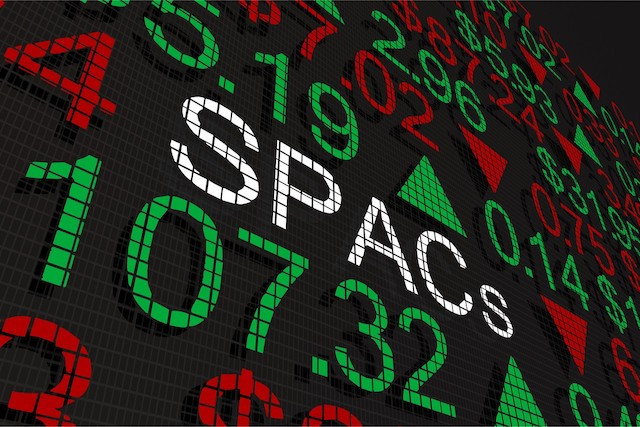SPACs are the latest investment fad. In 2020, 44 were created across the Atlantic for $78b raised. In the first two months of 2021, the Wall Street Journal identified 188 new ones which raised $50b. And the wave is starting to arrive in Europe, even in Luxembourg, where the first SPAC, Lakestar SPAC 1 SE, was approved last February and successfully floated on the Frankfurt Stock Exchange on 16 March.
The purpose of these structures? To carry out one or more acquisitions, then introduce the targeted companies to the stock market through a “merger” process with the company. This offers the advantage for the target company of being listed without going through the long and expensive administrative procedures required for any initial public offering (IPO).
An abstract goal
Despite the current fad, the SPAC is nothing new. The current fad should not make people forget, per Jacques Graas and Paul Péporté, partners at legal firm Allen & Overy. “The SPAC is a company whose objective is to raise funds from private investors. But unlike a traditional investment fund, the investment objective is not determined. It remains abstract.”
What currently makes it successful is its placement between traditional investment funds and private equity--a kind of gateway--and the fact that there is a lot of capital in the markets that cannot find a place to invest. “One of the current problems is the excess liquidity in the markets in the face of a limited number of investment opportunities. Being able to deploy money in this type of structure offers an interesting investment alternative for a growing number of players, and suddenly potential promoters are having fun too."
"Blank check" companies
The way it works--being on the lookout for the opportunity--is "synonymous with adventure, risk-taking." That’s why some limitations exist. Including the fact that SPACs only exist for a limited time. From 18 to 24 months, generally. "This type of investment is not without risk and is for people who are quite sophisticated and also risk takers." While these products are currently aimed at a fairly small audience, investment funds and banks are considering developing activity of this type.
A few months down the road, and it should be easier to determine if these are a simple fad or a real alternative to IPOs.
Many economists speak of SPACs as the risk of a bubble about to burst. Faced with the high amounts of liquidity, they point to the drifts of "extravagant" valuations and risky bets. Since a SPAC has a maximum period of time to complete its stock exchange merger, founders are often tempted to buy out just about anything with the money that has fallen from the sky. This has earned them the unflattering nickname “blank check company”.
Opportunity for the stock market
Controversy or not, what can the financial centre hope for?
For Graas and Péporté, Luxembourg is--along with the Netherlands--the best-placed European jurisdiction and the most considered for the constitution of a SPAC. They highlight the experience acquired in regulated and alternative investment funds and the toolbox sufficiently developed to adapt to the needs of these vehicles. In fact, many SPACs are structured like private equity funds. “Our company law is flexible enough to facilitate cross-border mergers, and European capital market regulations allows listings on all European markets. This is the advantage of the European passport." An advantage used by Lakestar SPAC 1 SE by choosing the Frankfurt Stock Exchange to list its shares on the regulated market and its warrants on the open market.
The second advantage they see is for the stock exchange. The Luxembourg Stock Exchange is not known for its equity market. But nothing prevents SPACs from listing all or part of their shares here. For Graas and Péporté, this would be an opportunity to promote the Luxembourg Stock Exchange on equity markets.
This article was originally published in French on Paperjam.lu and has been translated and edited for Delano.
